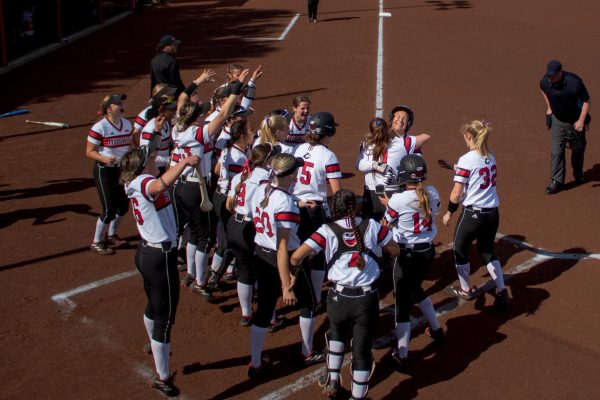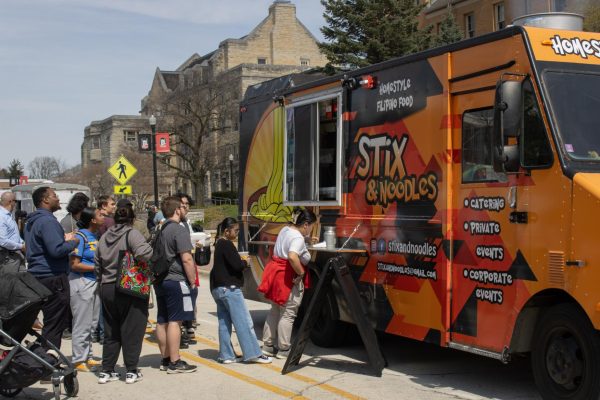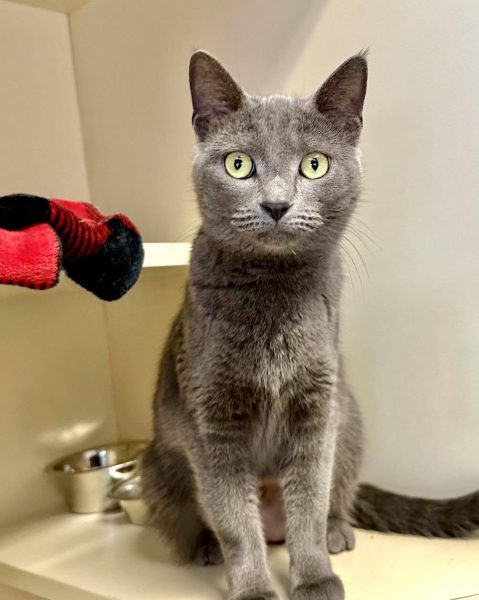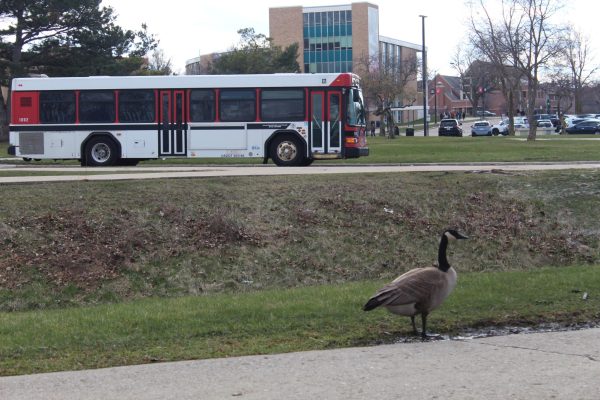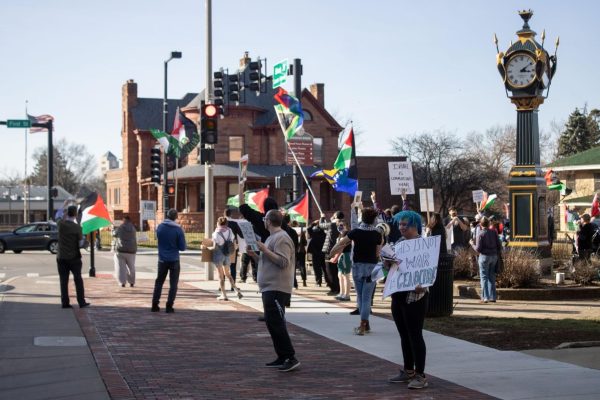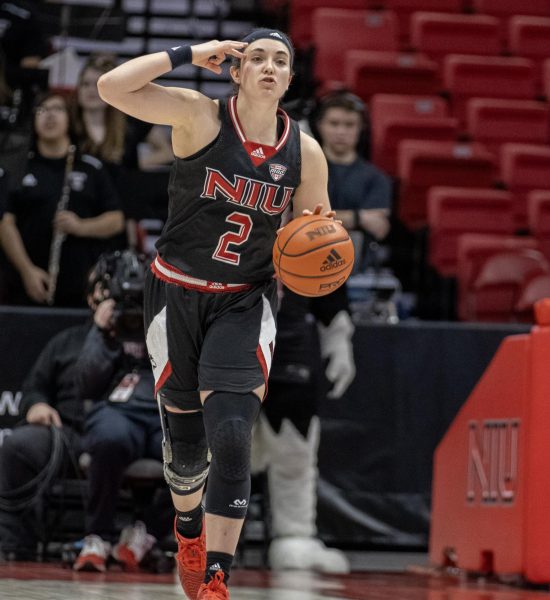Fly-in breakfast raises funds for scholarship
September 18, 2011
The Experimental Aircraft Association (EAA) refused to let Sunday’s rain spoil its fly-in breakfast.
As is “aviation tradition,” EAA Chapter 241 President Dan Thurnau and Vice President Kevin Frank, along with other EAA members and their children, served pancakes, sausage and eggs to any who came to Hinckley Airport. Thurnau said on days when it isn’t raining, 30 to 40 pilots usually fly in for the breakfast. All proceeds from the meal, which cost $6, go toward a scholarship for local high school students and the EAA’s Young Eagles program.
The scholarship funds gathered from the breakfasts and other events support students who wish to pursue a career in aviation or show a passion for flight. Gloria Balter created the scholarship in memory of her father, who loved airplanes; since its inception nine years ago, eight students received scholarships from the chapter. These students have gone on to receive their pilot’s license, become flight school trainers, F18 pilots and more.
Money from the breakfast also goes to Young Eagles, a program where EAA members take children on free flights. The Young Eagles flights take place twice a year. The scholarship and Young Eagles, like the breakfast itself, are part of a push to strengthen Chapter 241’s community bonds and increase its youth and female membership, Thurnau said.
“Everyone thinks it’s a man’s world, but it’s really not,” Thurnau said.
Chapter 241 works with Hinckley Airport and Alan Abell, president of Partner’s Investment Capital, which owns the airport. Though the two are not legally connected, Abell said he “loved to have the chapter” and was president when Gloria Balter initially created the scholarship for her father.
“We’re very happy to have them,” Abell said. “If the weather cooperates, we have a lot of vintage airplanes coming in. The beauty of it, like with any group where you have shared interests, is getting together.”
Thurnau said the fly-in breakfasts are a tradition in the aviation community. Pilots from across the country will fly to an airport, share breakfast with other aviation lovers, then fly back to their home hangar. Mark Weber, who was present at the fly-in, said for him, coming to the breakfasts was about the food, the flight and the social aspect.
“When a chapter [of EAA] needs support, we’ll fly to different locations to support them, and when we’re able to fly in, all the better,” Weber said.
Another breakfast event won’t take place until the first weekend in June, but Abell said he plans to host a cookout once a month at Hinckley Airport as a way to get aviation fans together and showcase the different types of aircraft at Hinckley.
The hangars at the airport feature an array of aircrafts, from Motorgliders to large red Wacos and a stripe-tailed Citaborea. Though not considered “traditional,” Abell, Thurnau and Frank said the aircrafts were “unique” and “vintage.”
“This is grassroots flying and that’s the best, in my humble estimation,” Abell said.
For now, the airport and Chapter 241’s main goals are maintaining their community while also introducing more youthful members of the DeKalb and Hinckley areas to the wonders of flight.
“When you’re flying in the sail plane and you’re looking at everything, the loudest sound is your voice as you say, ‘Wow, this is beautiful,'” Abell said.



